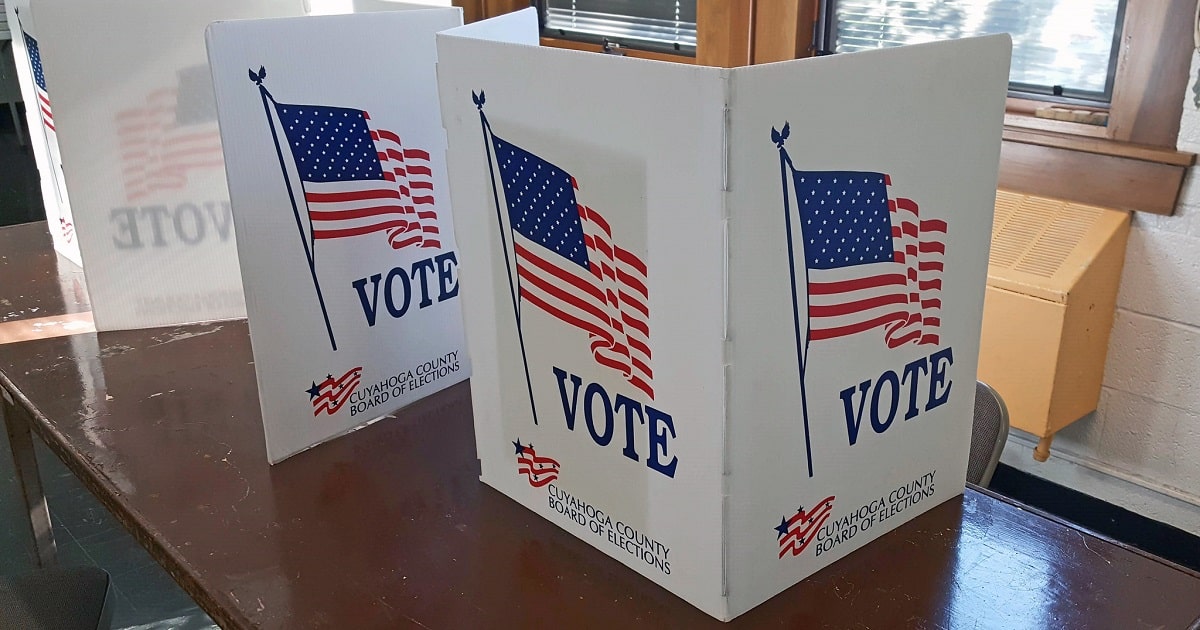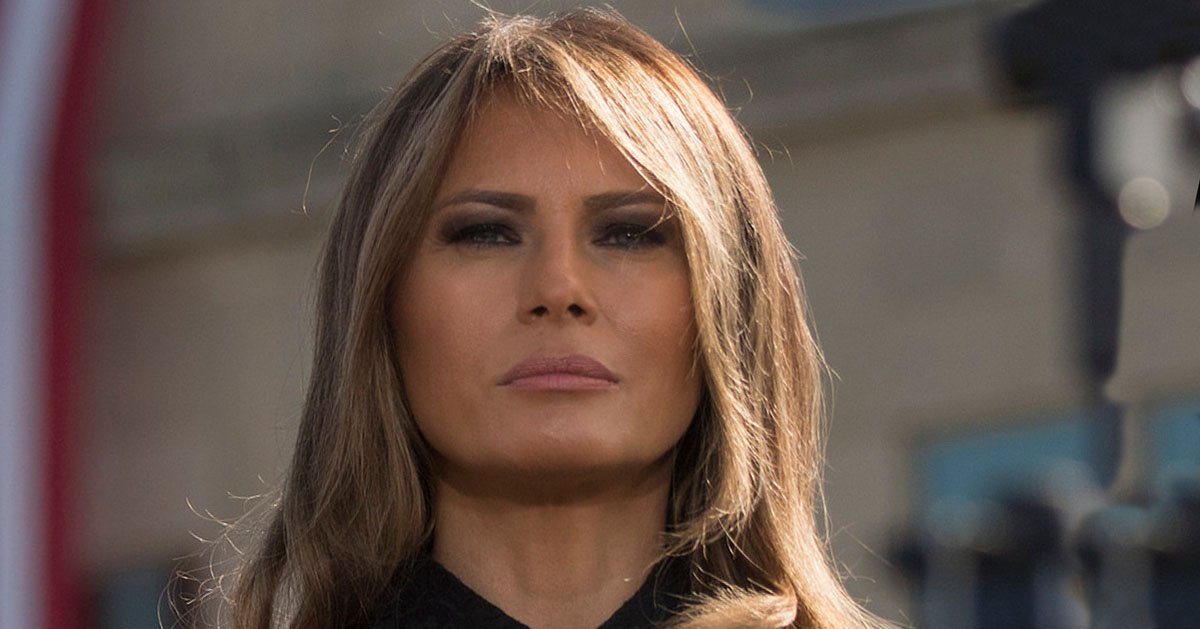The Epoch Times reported that a recent court ruling in New York, which determined that Kennedy did not reside at his claimed address, has sparked challenges to his candidacy in Georgia and other states.
Robert F. Kennedy Jr., running as an independent in the upcoming presidential election, faces allegations of using a fraudulent New York address in his candidacy petitions.
This issue came to light following a judge's decision in New York, which concluded Kennedy did not live at the listed Katonah address.
Legal Proceedings Unfold in Atlanta
During a hearing in Atlanta, lawyer Adam Sparks represented the challenging Democrats, arguing that Kennedy’s use of the address was a calculated move. "The court found, by clear and convincing evidence, that petitioners had shown that his New York residence was a sham used for political purposes," Sparks stated.
This assertion challenges Kennedy's eligibility under Georgia law, which requires truthful disclosure of a candidate's residence. Sparks further argued that Kennedy's claim to the address on his petition forms was improper and should invalidate his petitions entirely.
In response, Kennedy’s legal representative, Larry Otter, defended his client’s New York residency. "Mr. Kennedy has been a lifelong resident of the state of New York," Otter contended, suggesting that the allegations were politically motivated.
The dispute extends beyond the mere address controversy. Critics of Kennedy's candidacy in Georgia have also raised concerns about the legitimacy of his "We the People Party," through which he is running. They argue that this move circumvents state requirements for presidential candidates.
Challenges Spread to Other States
The repercussions of the New York ruling are now influencing similar legal actions in other states, aiming to remove Kennedy from ballots across the country. Each state’s laws will play a crucial role in determining whether Kennedy’s candidacy can proceed.
Despite these challenges, Kennedy's campaign maintains that it has successfully gathered enough signatures to qualify for ballot access in all 50 states. This claim underscores the campaign's confidence in overcoming the legal hurdles it currently faces.
The ongoing legal disputes could significantly impact Kennedy’s ability to compete in the 2024 presidential race, particularly if more states follow Georgia's lead in challenging his candidacy.
As the legal battles unfold, both sides remain entrenched in their positions, with significant implications for the independent candidate’s campaign and the broader electoral landscape. The outcome of these challenges could set precedents for how candidate qualifications are scrutinized in future elections.
For now, the political and legal communities watch closely as each development could sway the direction of Kennedy’s presidential ambitions and, indeed, the options available to voters in the upcoming election.














